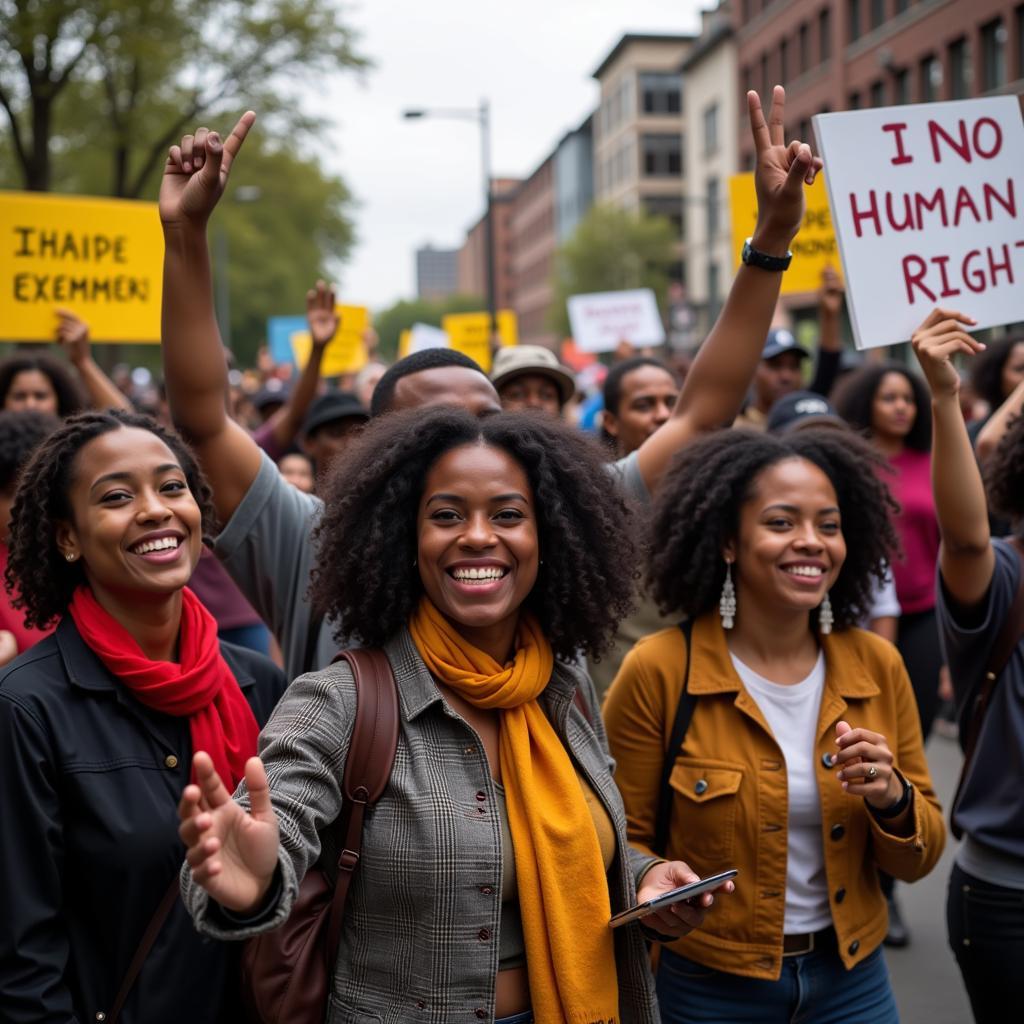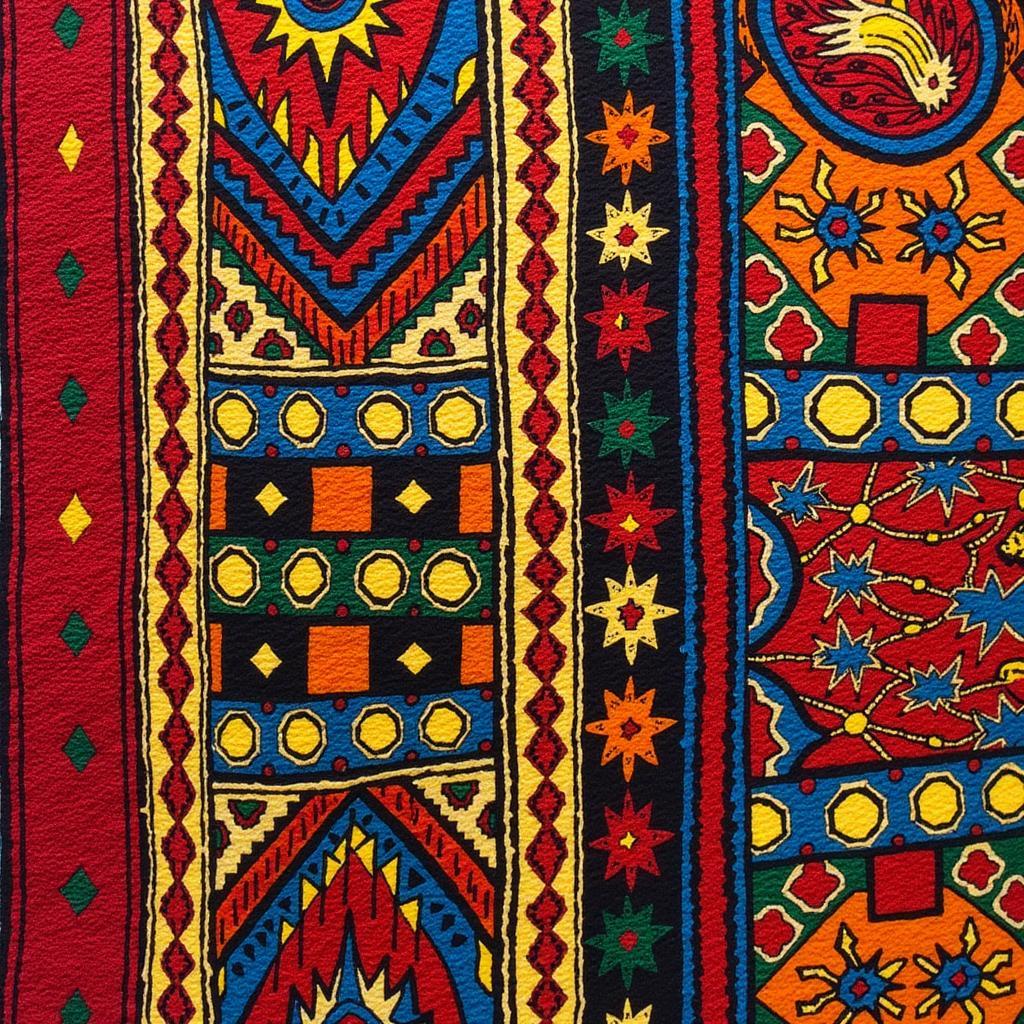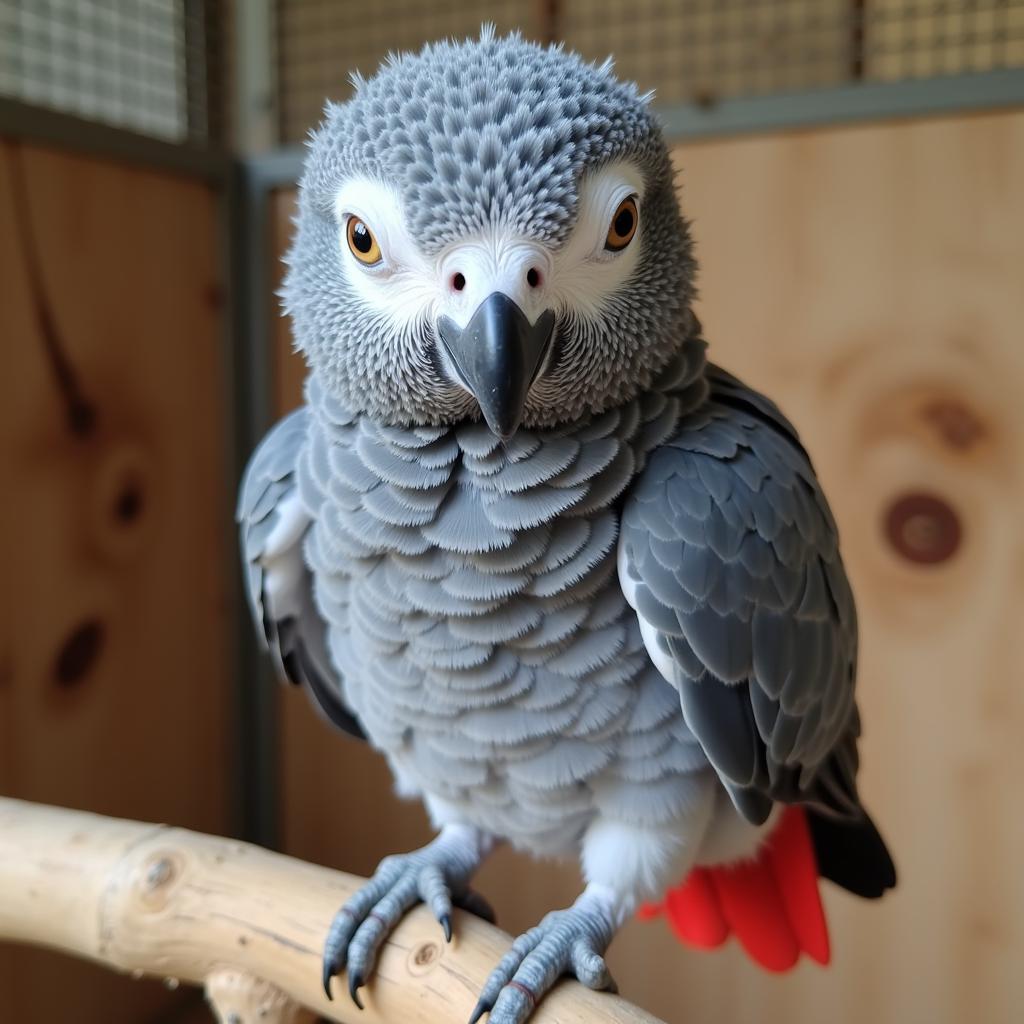Understanding the African Human Rights System PPT
The African human rights system, often explored through informative African Human Rights System Ppt presentations, offers a unique framework for protecting and promoting human rights across the diverse continent. This complex system, rooted in African values and traditions, aims to address the continent’s specific human rights challenges while contributing to the global human rights discourse.
A Deep Dive into the African Human Rights System
The African human rights system, distinct from international mechanisms, emphasizes collective rights and duties, reflecting the continent’s communal values. It recognizes the interconnectedness of individual rights with community well-being and the importance of solidarity in achieving human dignity for all. This system, while often presented in concise African human rights system PPT formats, encompasses a rich history and intricate legal framework.
Key Instruments and Institutions
The African Charter on Human and Peoples’ Rights, adopted in 1981, serves as the cornerstone of this system. It outlines a broad range of rights, including civil, political, economic, social, and cultural rights, as well as collective rights such as the right to self-determination and development. The African Commission on Human and Peoples’ Rights, established in 1987, is responsible for monitoring the implementation of the Charter. The African Court on Human and Peoples’ Rights, operational since 2004, provides a judicial mechanism for adjudicating human rights violations.
The African human rights system also interacts with other regional and international human rights mechanisms, contributing to a globalized approach to human rights protection. While an African human rights system PPT can provide a quick overview, understanding the nuances of these interactions requires deeper exploration.
Challenges and Opportunities
Despite significant progress, the African human rights system faces various challenges. These include limited resources, political instability in some regions, and capacity constraints in implementing human rights standards. However, the system also presents numerous opportunities for strengthening human rights protection through increased collaboration between states, civil society organizations, and international partners.
The Role of Civil Society
Civil society organizations play a vital role in monitoring human rights violations, advocating for policy reforms, and providing legal assistance to victims. They contribute significantly to the promotion of human rights awareness and education, empowering individuals and communities to claim their rights.
 African Human Rights Activists in Action
African Human Rights Activists in Action
“Civil society is the lifeblood of the African human rights system,” states Dr. Abena Kwesi, a renowned human rights lawyer based in Ghana. “Their tireless efforts ensure that the voices of the marginalized are heard and that human rights principles are translated into tangible action on the ground.”
Navigating the African Human Rights System: Resources and Information
Numerous resources, including African human rights system PPT presentations, are available online and offline to provide comprehensive information about the system. These resources offer valuable insights into the legal framework, institutions, and mechanisms involved in protecting and promoting human rights across Africa.
The Future of Human Rights in Africa
The African human rights system continues to evolve, adapting to the changing needs and challenges of the continent. The ongoing efforts towards strengthening the system, including enhancing the capacity of institutions and promoting greater engagement with civil society, are crucial for realizing the full potential of human rights in Africa.
“The future of human rights in Africa hinges on our collective commitment to upholding the principles enshrined in the African Charter,” remarks Professor Omar Hassan, a leading scholar on African constitutional law. “By working together, we can build a future where human dignity and equality are guaranteed for all.”
In conclusion, the African human rights system, often explored through an African human rights system PPT, represents a unique and dynamic framework for promoting human rights on the continent. While facing challenges, the system holds immense promise for advancing human dignity and fostering a culture of respect for human rights in Africa.
FAQ
- What is the main treaty of the African human rights system? (The African Charter on Human and Peoples’ Rights)
- What is the role of the African Commission? (Monitoring the implementation of the African Charter)
- How does the African system differ from international systems? (Emphasis on collective rights and duties)
- What challenges does the African system face? (Limited resources and political instability)
- How can I learn more about the African human rights system? (Online resources and academic publications)
- What is the role of civil society in the African human rights system? (Advocacy and monitoring)
- How can I contribute to the advancement of human rights in Africa? (Support human rights organizations and advocate for policy changes)
You can find more related articles on our website about international human rights law, the role of the African Union in human rights, and specific human rights issues faced by different African countries.
When you need support, please contact Phone Number: +255768904061, Email: kaka.mag@gmail.com Or visit our address: Mbarali DC Mawindi, Kangaga, Tanzania. We have a 24/7 customer support team.

